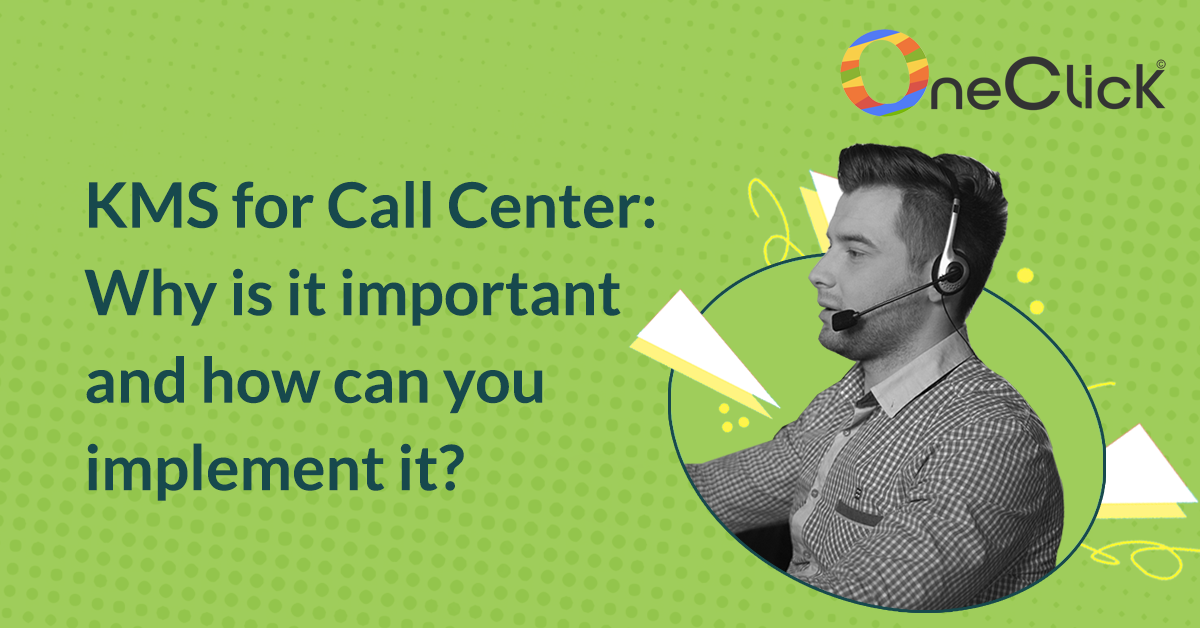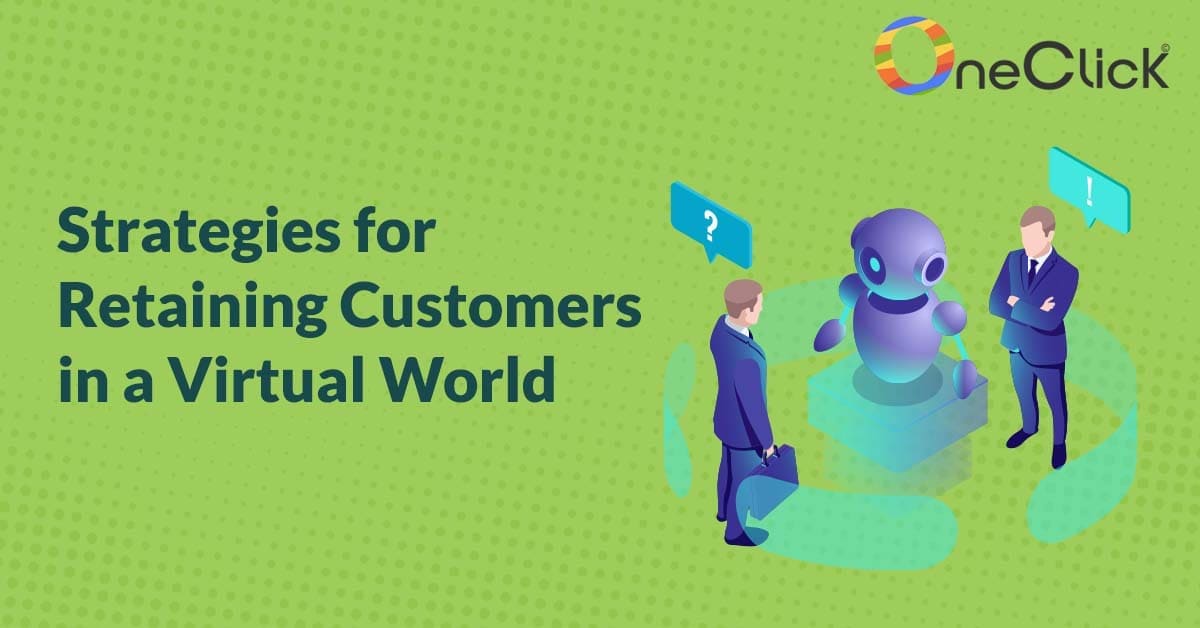
KMS for Call Centers: Why is it important, and how can you implement it?
Introduction:
A knowledge Management System (KMS) is a tool that allows the creation, management, storage and retrieval of information from a knowledge base and allows access of knowledge resources to contact center agents and employees for sharing solutions with customers
It involves storing FAQs and other company or product-related information in an easy-to-understand content structure, including step-by-step written articles, videos, or images.
With an adequate knowledge database, improved customer service helps to lay a firm foundation for a successful business. Connecting these services with contextual and actionable information allows quality customer service.
What is KMS for Call Center?
Providing a seamless user experience through the correct information is a difficult task to perform. For call-centre agents, improving the quality of customer service deliverance at times pushes for an intelligent call-centre knowledge management system. . Agents spend considerable time answering complex queries and sometimes fail to provide accurate information to the customers on their own. KMS is a tool that allows agents to efficiently resolve customer issues, thereby, improving C-SAT and NPS scores.
With simplified and compelling information relays, an organization can build strong customer loyalty, improve customer retention, and increase lead generation.
Why KMS for call centres is important?
“89% of businesses are expected to compete mainly on customer experience.” (Source: Gartner)
Customer Experience is an important differentiator in the spectrum of availing products and services. Elevate customer experience via a seamless path that enables access to customer data to deliver a personalized solution.
“74% of people are likely to switch brands if they find the process difficult.”
With a streamlined customer query resolution structure, customers engage better and stay with a brand longer than with brands with inadequate solutions. There are several metrics that are covered by an intelligent knowledge management system, and they are:
- Average Handle Time (AHT):
Investing in a knowledge management system allows agents to handle customer calls with better and more precise information on the conflict areas to answer customer queries. KMS increases the quality of query resolution and decreases the average handle time for the agent.
- First Call Resolution
The first call by a customer is regarded as the golden ticket to improving generation customer experience and is one of the difficult aspects of increasing customer service. Handling impatient and demanding customers via KMS helps the support teams to deliver precise information for their queries.
- Error by Agents
With the help of knowledge management tools, agents are less likely to make an error while interacting with customers. Hence, saving a significant amount of time and capital and improving the customer experience.
How to implement Knowledge Management System for Call Centers?
Begin by deciding a knowledge management strategy – the best format to relay the correct information to the agents and customers.
- Collect Information to Document
Conceptualize and categorize the information you want to record in the knowledge management system. Be it product information, step-to-step guides, how-to tutorials, or FAQs, add and build a substantial database to streamline in later stages.
- Information Layout
Analyze customer data and identify key points to trigger a solution for them. With every query resolution, there are several related queries for a particular topic. To efficiently guide support agents to a better solution, a well-structured layout is required.
- Track and Analyze
With the integration of analytics software, an organization can monitor what works and what does not work. To increase CSAT, customer feedback plays a vital role in shaping customer engagement for future services.
- Keep KMS updated
Static and obsolete knowledge can lead to customer dissatisfaction and increases confusion with current knowledge parameters. To avoid customer disengagement with services, organizations need to constantly update their knowledge to concur with current standards of customer queries.
Conclusion:
A knowledge management system for a call centre boosts agent productivity with streamlined data, allowing them to troubleshoot customer problems with appropriate and accurate solutions. It also reduces operational costs substantially and aids current employees with better skills, helping them to function better.




